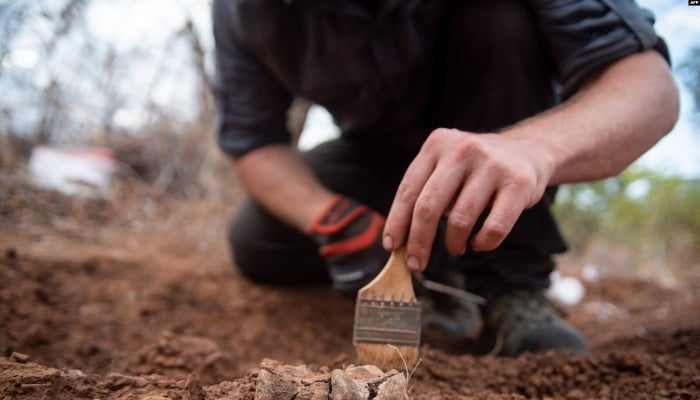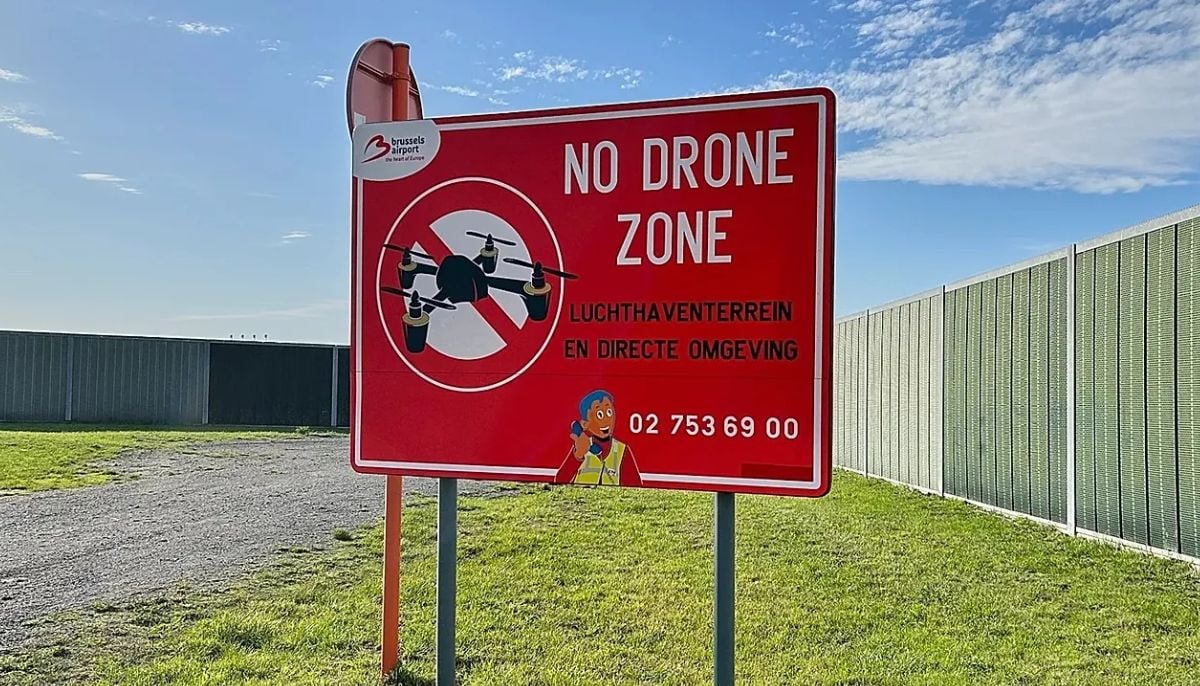'Billion year old rock hints early ancestors may have been predators'
Prosterol biota found in 1.6-billion-year-old rocks are oldest remnants of our lineage, study reveals
Recent research unveils the discovery of a forgotten world of ancient species that existed at least 1.6 billion years ago in Earth's waterways, which could fundamentally alter scientists' view of humans' oldest relatives.
The tiny organisms, known as the protosterol biota, are classified as "eukaryotes," a group of organisms.
Eukaryotes have a sophisticated cell structure that comprises a nucleus, which serves as the control and information hub of the cell, and mitochondria, which are referred to as the powerhouse of the cell.
They may have been around for two billion years, according to some estimates.
Since there aren't many fossils of these animals, scientists have attempted to look for molecular fossils, like the unique steroid compounds eukaryotes may leave behind in rocks, The Independent reported.
Fungi, plants, animals, and single-celled organisms like amoebae are examples of modern eukaryotes that live on Earth.
Dr. Benjamin Nettersheim, who finished his PhD at the Australian National University (ANU) and is currently based at the University of Bremen in Germany, said: “Molecular remains of the protosterol biota detected in 1.6-billion-year-old rocks appear to be the oldest remnants of our own lineage; they lived even before LECA (last eukaryotic common ancestor)."
He added: "These ancient creatures were abundant in marine ecosystems across the world and probably shaped ecosystems for much of Earth’s history."
He continued, "Modern forms of eukaryotes are so powerful and dominant today that researchers thought they should have conquered the ancient oceans on Earth more than a billion years ago."
He also said that the study reveals that protosterol biota were abundant in the world's ancient oceans and lakes, but scientists had not known how to look for them until now.
Researchers from ANU suggested that the Last Eukaryotic Common Ancestor (LECA) may have been the first predators on Earth, shaping ecosystems for much of Earth's history.
According to Professor Jochen Brocks from ANU, who made the discovery with Dr Nettersheim, the protosterol biota were "more complex than bacteria and presumably larger," although it is unknown what they looked like.
“We believe they may have been the first predators on Earth, hunting and devouring bacteria,” he said.
Prof. Brocks suggests that these creatures thrived from about 1.6 billion years ago up until about 800 million years ago.
However, the precise date of the protosterol biota's extinction is unknown.
Furthermore, the study says that fossil fat molecules found in a 1.6 billion-year-old rock hint at the existence of early complex creatures.
-
New EU strategy aims to curb threat of malicious drones
-
Nancy Guthrie abduction: Piers Morgan reacts to 'massive breakthrough' in baffling case
-
Texas father guns down daughter after heated Trump argument
-
FAA shuts down El Paso Airport, flights suspended for 10 days: Here’s why
-
Teacher abused children worldwide for 55 years, kept USB log of assaults
-
Savannah Guthrie expresses fresh hope as person detained for questioning over kidnapping of Nancy
-
Tumbler Ridge school shooting among Canada’s deadliest — Here’s where it ranks
-
Suspect detained as authorities probe Nancy Guthrie’s abduction












